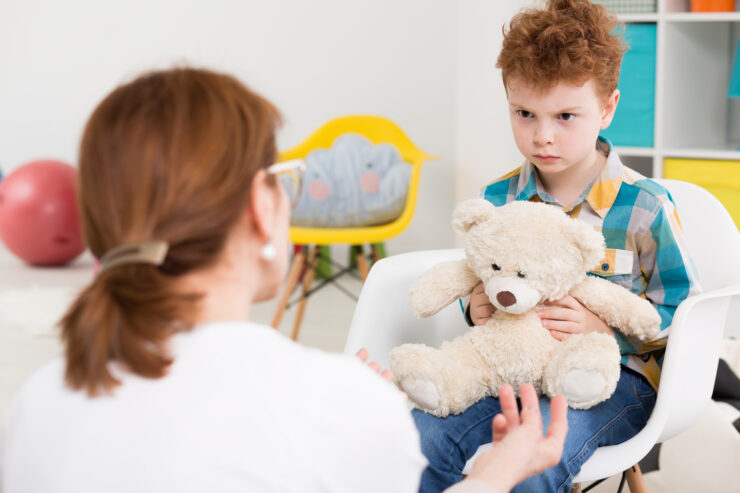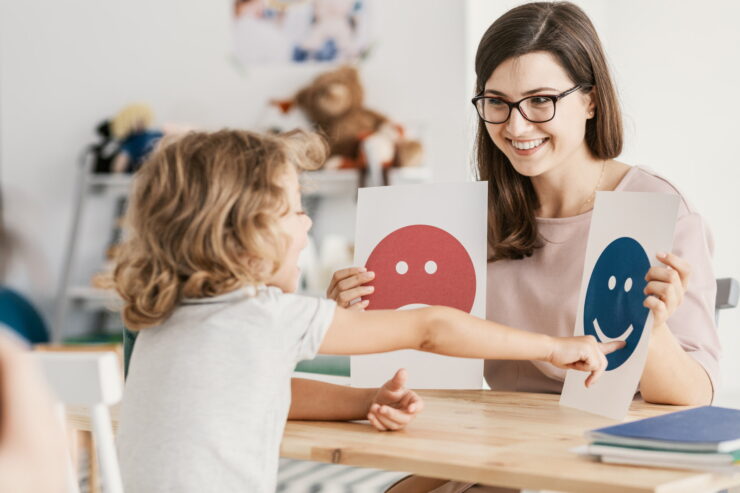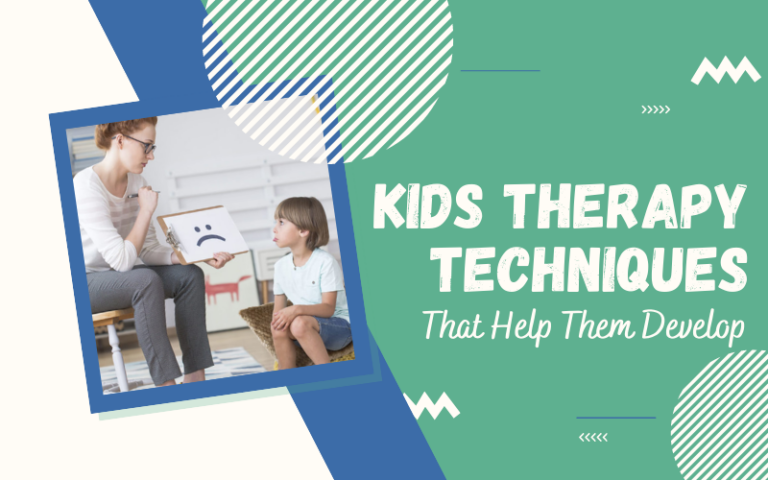Sometimes early intervention and therapy techniques for children can make a fantastic solution to something greater developing into a life-long issue.
What makes a good child therapist?

A good child therapist holds an awareness of the different stages a child moves through in their development; psychologically, physically and emotionally. It starts from the moment the child is born where the baby develops a strong bond with primarily the mother and later the father.
Within a safe environment, the baby begins to engage gradually more with the world around them as their vision, sense of hearing, touch, smell and taste develop. They learn through a process of acting and perceiving by processing external stimuli that inform their next act.
Movement in child development progresses through different developmental stages which take the baby from being restricted in movements to crawling and eventually walking. It is important that each child is given the opportunity to move through these stages in their own time and develop in a way they feel supported. If certain movement patterns are not fully integrated into the child (for various reasons), psychological attachments might arise which affects their behavior later in life.
A child therapist can help a child of whatever age develop this sense of integration and support by revisiting some of these stages, making use of movement exercises, play, and the arts that give rise to effective dialogue. Awareness is developed in both the child and the parent, who often is present in the process.
Mindfulness for children

One key ingredient in effective child therapy is creating an awareness of sensations, emotions, thoughts and actions and how they interact, following the methodology of cognitive-behavioral therapy. This can be explored and developed also in the home environment through mindfulness for children exercises. These kinds of exercises enable a child to better communicate what they are experiencing, be more sensitive to their emotions and learn how different people and circumstances impact them.
Coming in contact with what they are feeling the child is able to reflect on what they can do to change their attitude/behavior in difficult situations and what they might need in order to do this. There are of course many more positive benefits for children engaging in mindfulness activities. One of these is the measured increased well-being in children.
Helping a child engage in mindfulness exercises and increase their self-awareness help them to find inner resources, and develop confidence in relationships and in undertaking new activities. They develop a sense of self-esteem and are empowered to offer their unique talents and abilities to the world around them.

